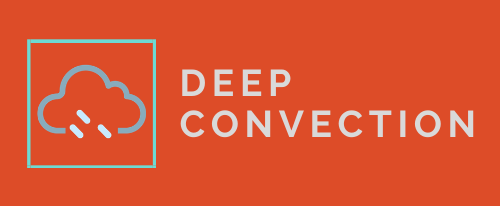
Richard Seager is a climate scientist at Columbia University and has been an Englishman in New York for more than 30 years. In this conversation, he talks about what will happen to the tropical Pacific under global warming (and why the climate models are wrong about that), about his passion for jazz and how it once led him to bike home at 1 am in the morning from Manchester to Liverpool after seeing the Sun Ra Arkestra, about the Green New Deal, the power of imagination, and combining science and art.
Richard is a man of many interests, both within and outside his work as a scientist. Among his numerous peer-reviewed papers you can find topics such as medieval megadroughts in the American West, the causes of Europe’s mild winters, the tropical Pacific warm pool and why it exists, or the role of climate in the Syrian war. In this interview, Richard explains to Adam the main finding of one of his most recent papers – you can read a summary of that paper here, and if you want to take a deep dive you can also download the entire paper.
The last part of this episode is about politics, the social responsibility of scientists, and what science can and cannot do to help societies mitigate and adapt to global warming.
“The big challenge is how are humans going to learn to live on this planet, in a way that we don’t destroy it. In the end, we just live on it in a way that everything is powered by our friendly star, the sun. […]. And I find that should be as exciting a challenge as the space race was for many people in the 1960s and the 1970s, and as exciting as many advancements in the medical science that people get really thrilled about.”
You can find more information about Richard Seager and his work on his website.
The interview with Richard Seager was recorded in September 2019. Photo credit: Lamont-Doherty Earth Observatory

A wonderful conversation: great to listen to two thinkers thresh out a problem. Also very inspiring to hear Richard’s pragmatic, clear sighted and really hopeful view of a way forward. Thanks for this.